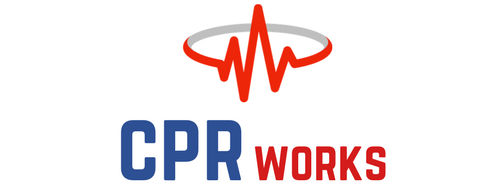Sleep apnea – is a common disorder in which you have one or more pauses in breathing or shallow breaths while you sleep.
First we are going to talk about symptoms of sleep apnea:
- loud snoring
- episodes of breathing cessation during sleep
- abrupt awakenings with shortness of breath
- waking up with a dry mouth or a sore throat
- morning headache
- insomnia
- daytime drowsiness
- attention problems
- irritability
Sleep Apnea Complications
- daytime fatigue – people with sleep apnea do not sleep well which makes them fatigued — you may find yourself having difficulty concentrating and falling asleep
- high blood pressure or heart disease – when you have sleep apnea, your blood oxygen can drop suddenly and increase your blood pressure — when you have obstructive sleep apnea may increase your risk for recurrent heart attacks, atrial fibrillation and strokes
- type 2 diabetes – sleep apnea can increase the risks of developing insulin resistant and type 2 diabetes
- metabolic syndrome – these include high blood pressure, high blood sugar, increased waist circumference and abnormal cholesterol
- complications with surgeries and medications – obstructive sleep apnea is a risk for certain medications and general anesthesia — you are more likely to experience complications after major surgery since your are sedated and lying on your back with a breathing problem
- liver problems – when you have sleep apnea, you are at risk for nonalcoholic fatty liver disease which means abnormal results for liver function tests and your liver can show scarring
- sleep deprived partners – loud snoring can interrupt the sleep of your partner — it is not uncommon for your partner to sleep in another room to get a good night sleep
Lifestyle changes that you can make yourself:
- lose weight
- exercise
- avoid alcohol, tranquilizers and sleeping pills
- sleep on your back rather than your back or stomach
- keep your nasal passages open at night
- stop smoking
Always check with your doctor before making any lifestyle changes.
And Get CPR Certified and Register for a Class Today!
Source:
BLS Fact of the Week
Excessive ventilation during CPR can increase intrathoracic pressure and decrease coronary perfusion pressure.
ACLS Fact of the Week
Bag-mask ventilation for an adult should deliver 600 mL of tidal volume sufficient to produce visible chest rise over 1 second. This volumes also reduces gastric inflation.
Class Schedule
7/26/2017 @ 4:00 pm
BLS Provider
Register here for this class!
7/27/2017 @ 10:00 am
BLS Provider
Register here for this class!
7/28/2017 @ 10:00 am
BLS Provider
Register here for this class!
7/28/2017 @ 1:30 pm
BLS Provider Skills Session
Register here for this class!
7/29/2017 @ 11:00 am
HeartSaver CPR / AED
We also offer onsite training. Please call us today to schedule!
Chris – 239-292-4225
Visit our website!
Class Schedule is subject to change.
Please call if you have any questions!

|

